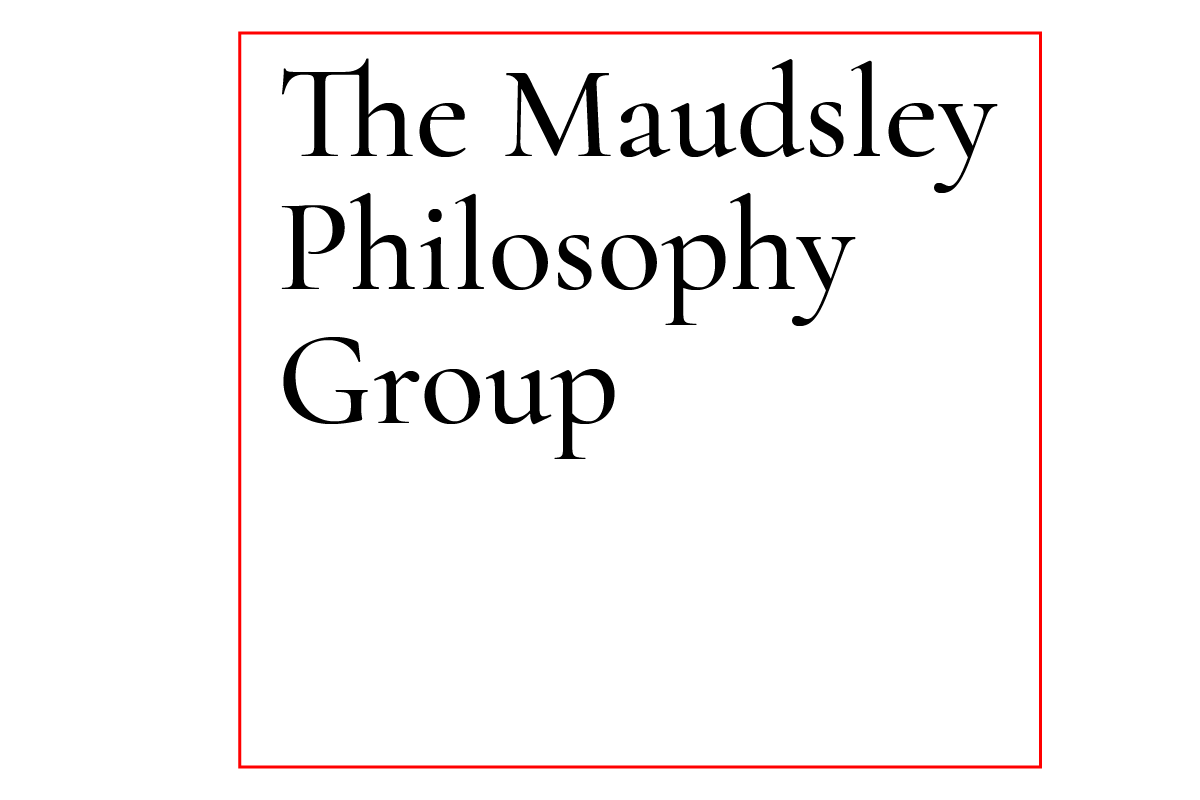Prof Neil Vickers
Professor of English Literature and the Health Humanities at King's College London, and co-director of the Centre for the Humanities and Health.
Tuesday, 23 March 2021. 18:00
To register for the free event, please email [email protected] for a link to the webinar
In 1801, Coleridge entered a period of severe, chronic illness that lasted in one form or another for almost 33 years until his death in 1834.
Anyone who tries to trace the history of Coleridge’s thinking about his infirmities will be struck by two things.
First, from a very early stage, Coleridge saw his condition as having distinct but interacting mental and physical components. He thought that some of his ailments were the result of physiological impairment: for example, he believed his gout symptoms were the result of his “inirritable stomach muscles” (Collected Letters II: 897).
But he was convinced that some of his physical complaints were rooted in prolonged childhood unhappiness. And in line with the prescriptions of his medically-informed acquaintance, he sought to understand his condition in the light of modern 'nervous' medicine.
Not only did he treat himself in a manner consistent with ‘advanced’ eighteenth-century neurology, he also sought to use the experience of illness to clarify and extend its research programme, especially in relation to the interaction of the mind and body.
Up until 1810 at least, a large share of his intellectual energy was directed at laying the groundwork for a new field that would encompass neurology, psychology and aesthetic and religious experience.
In attempting such a synthesis, he was of course carrying on the work of men such as Haller, Cullen and Brown attempting in their different ways to make medicine consistent with Newtonian physics.
This paper will explore some of the byways he travelled down, paying particular attention to what he made of his psychological symptoms (hallucinations caused by opium, nightmares, convulsive fits) and suggest ways in which these interests shaped his thinking on Shakespeare.
Neil Vickers is Professor of English Literature and the Health Humanities at King's College London, and co-director of the Centre for the Humanities and Health. Following a BA at Trinity College Dublin, he went to Paris to study at the Ecole Normale Supérieure and the Université de Paris VII (Jussieu). His MPhil and DPhil research - on Coleridge - was carried out at Balliol College, Oxford. Previous posts in English include a stint as University Lecturer in Romanticism at Cambridge and Stipendiary Lecturer in English at Jesus College, Oxford.
Neil's current research lies exclusively in the medical or health humanities. He is writing a book, with Derek Bolton, entitled Shared Life and the Experience of Illness. Other questions of interest include: How do the mind and the body come together to forge what the psychoanalyst Donald Winnicott memorably called ‘a psychosomatic partnership’? What relevance do other people’s bodily experiences have for us? Are there meaningful generalisations to be made about the impact of what psychoanalysts call ‘the inner world of objects’ on the experience of chronic illnesses?
His book, Coleridge and the Doctors 1795-1806 (OUP, 2004) examines Coleridge's participation in the medical culture of his time and argues that his application of medical theory to his own case decisively shaped the evolution of his thinking about poetry, the imagination, the relation between medicine and cosmology and between medicine and religion. In particular it shows how between 1800 and 1810, a huge amount of Coleridge's intellectual energy went into laying the groundwork for a new field that would encompass neurology, the psycho-physiology of perception and aesthetic and religious experience.
